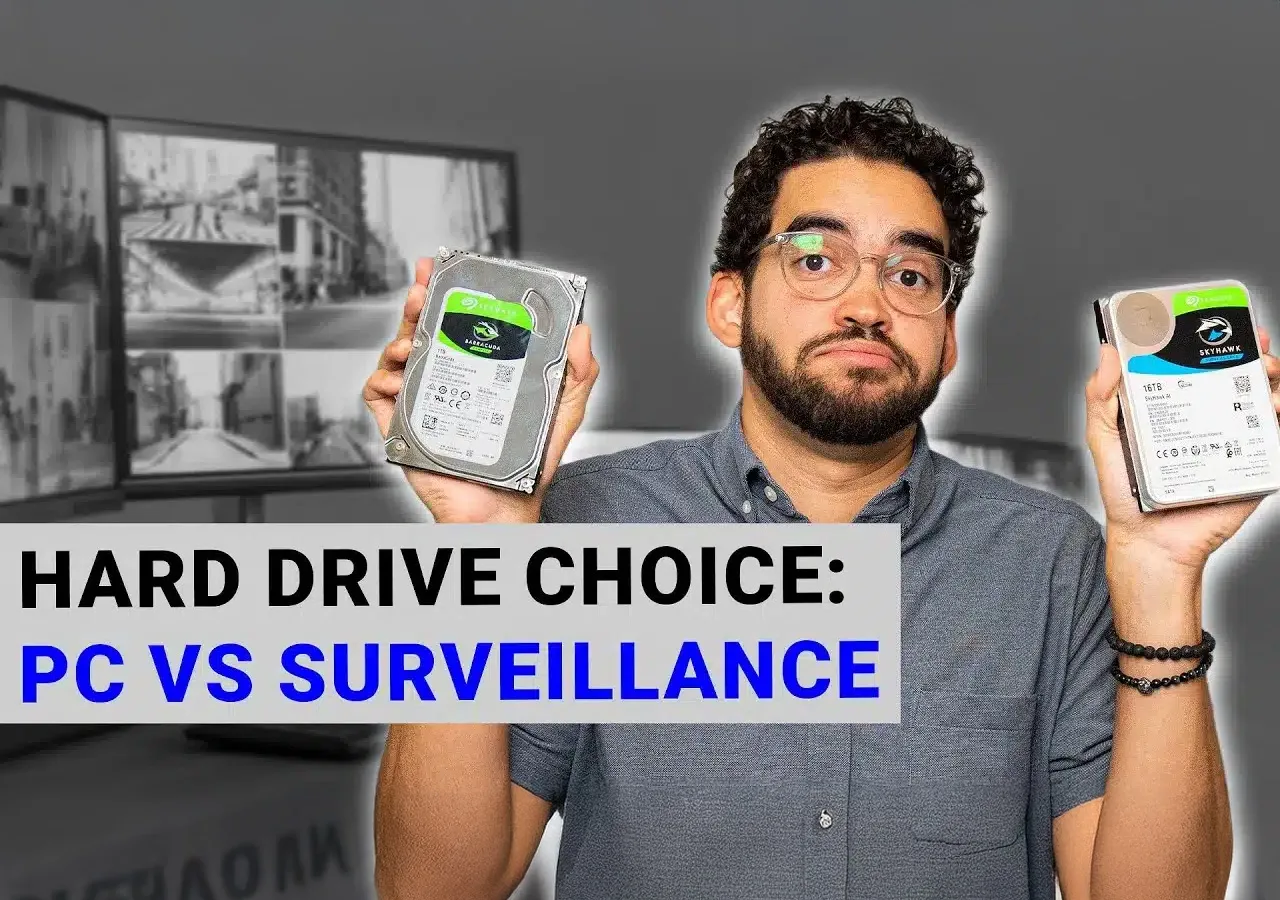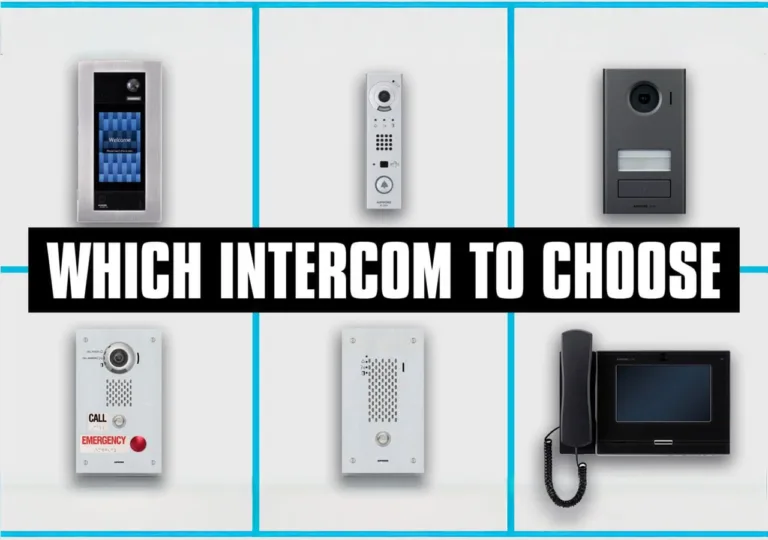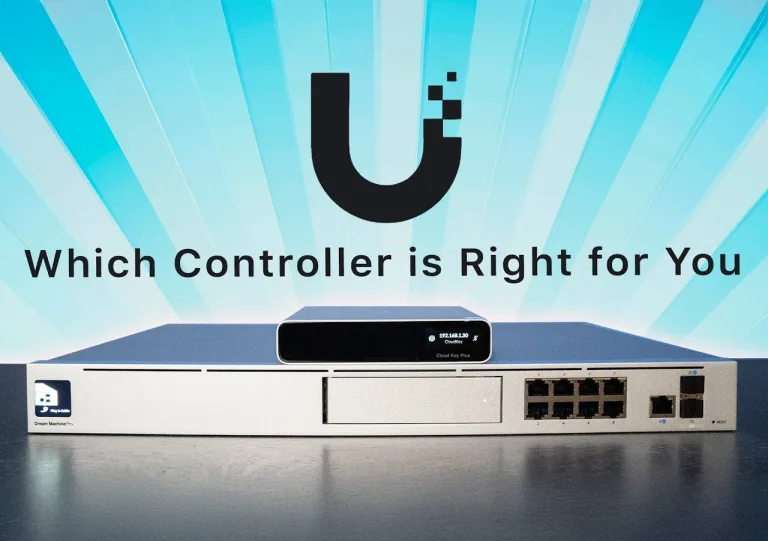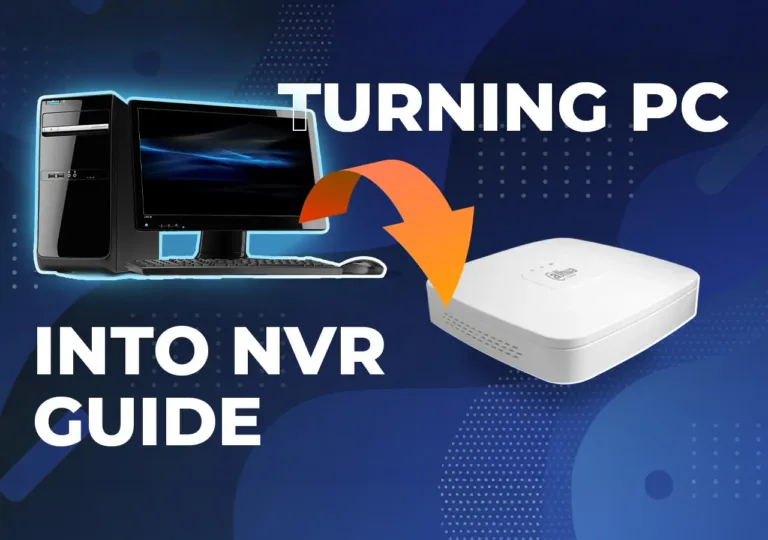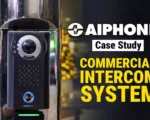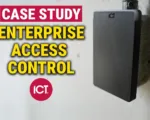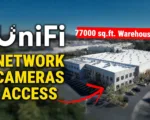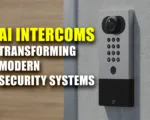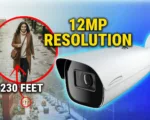When it comes to security systems, choosing the best surveillance hard drive is crucial for reliable video storage and playback. Unlike standard hard drives, a surveillance HDD is specifically designed to handle continuous 24/7 recording, high-resolution video streams, and multiple camera setups without failure. Whether you’re upgrading your CCTV system or setting up a new surveillance network, investing in the right surveillance HDD ensures seamless performance and long-term data retention. In this guide, we’ll explore the key factors to consider, the top options available, and why a dedicated surveillance HDD is essential for security professionals and businesses.

What is a Surveillance HDD?
A surveillance HDD is a specialized hard drive designed to support continuous, high-intensity video recording and playback in security camera systems. Unlike standard desktop HDDs, which are optimized for occasional read/write operations, a surveillance storage HDD is engineered for 24/7 operation with minimal downtime. These drives are specifically built to handle the unique demands of HDD for surveillance NVR (Network Video Recorder) setups, ensuring seamless video capture and reliable long-term storage.
Key Features of a Surveillance HDD

1. Optimized for Continuous Workloads
A hard drive for surveillance must handle a significantly higher workload than a typical PC drive. Most surveillance HDDs are rated for workloads of 180TB per year or more, whereas standard desktop HDDs are typically rated for only 55TB per year. This makes them more durable and capable of sustaining non-stop video recording.

2. Enhanced Write-Intensive Performance
Unlike regular hard drives, which balance read and write operations, a surveillance storage HDD is optimized for high sequential write speeds. This ensures smooth recording of multiple high-resolution video streams without lag or dropped frames.
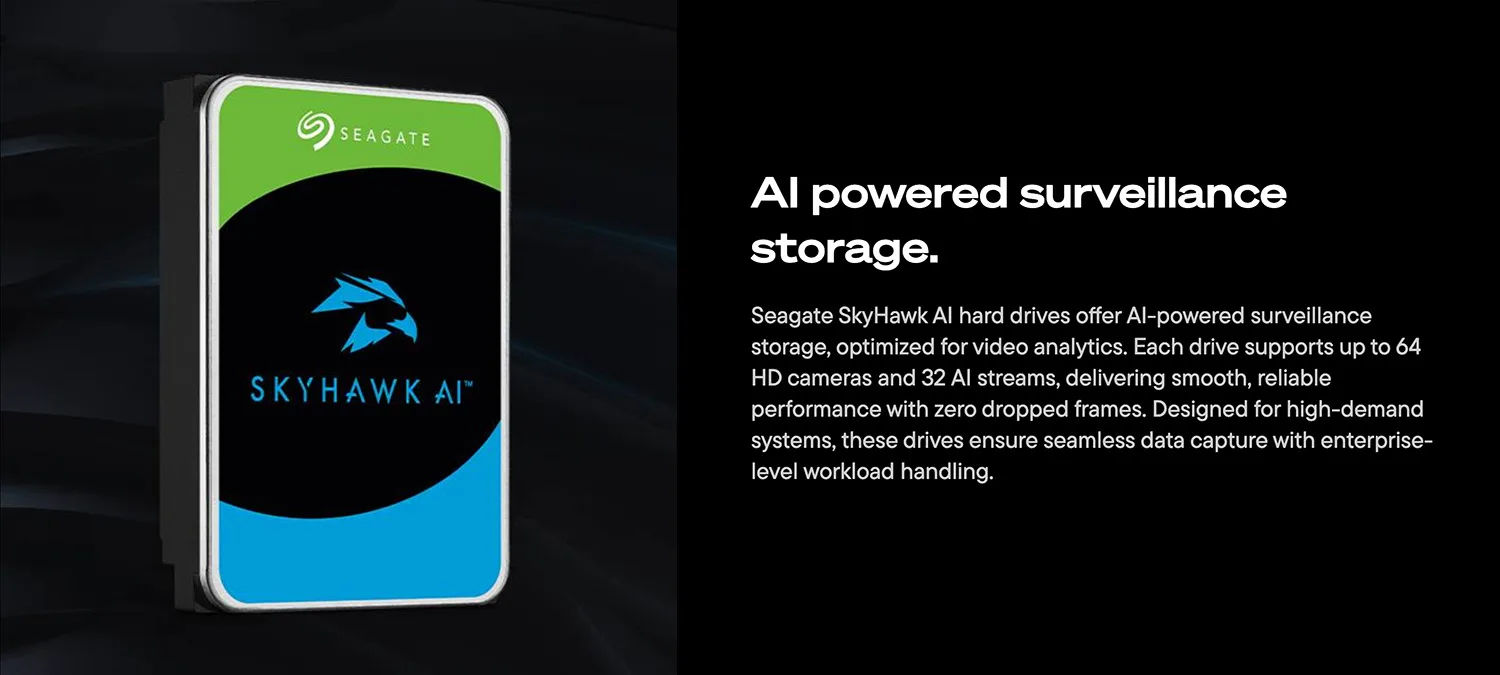
3. Support for Multiple Camera Streams
Security systems often consist of multiple cameras running simultaneously. A high-quality HDD for surveillance NVR can support 32 or more HD camera streams at the same time, allowing for efficient data handling without compromising video quality.

4. AllFrame and Video-Optimized Firmware
Leading surveillance HDD brands integrate specialized firmware, such as Western Digital’s AllFrame and Seagate’s ImagePerfect technology. These features reduce frame loss, improve video clarity, and prevent data corruption—critical aspects of security footage reliability.

5. Power Efficiency and Heat Management
Since security systems operate 24/7, a hard drive for surveillance is designed to be power-efficient, generating less heat than standard desktop drives. Many surveillance storage HDDs also feature advanced vibration resistance and thermal management to ensure stable performance in NVR and DVR enclosures.

6. Error Recovery and TLER (Time-Limited Error Recovery)
Standard desktop HDDs may enter long error recovery cycles, causing video stream interruptions. Surveillance-grade HDDs incorporate TLER technology, which prevents extended error correction delays, ensuring continuous data recording without system timeouts.
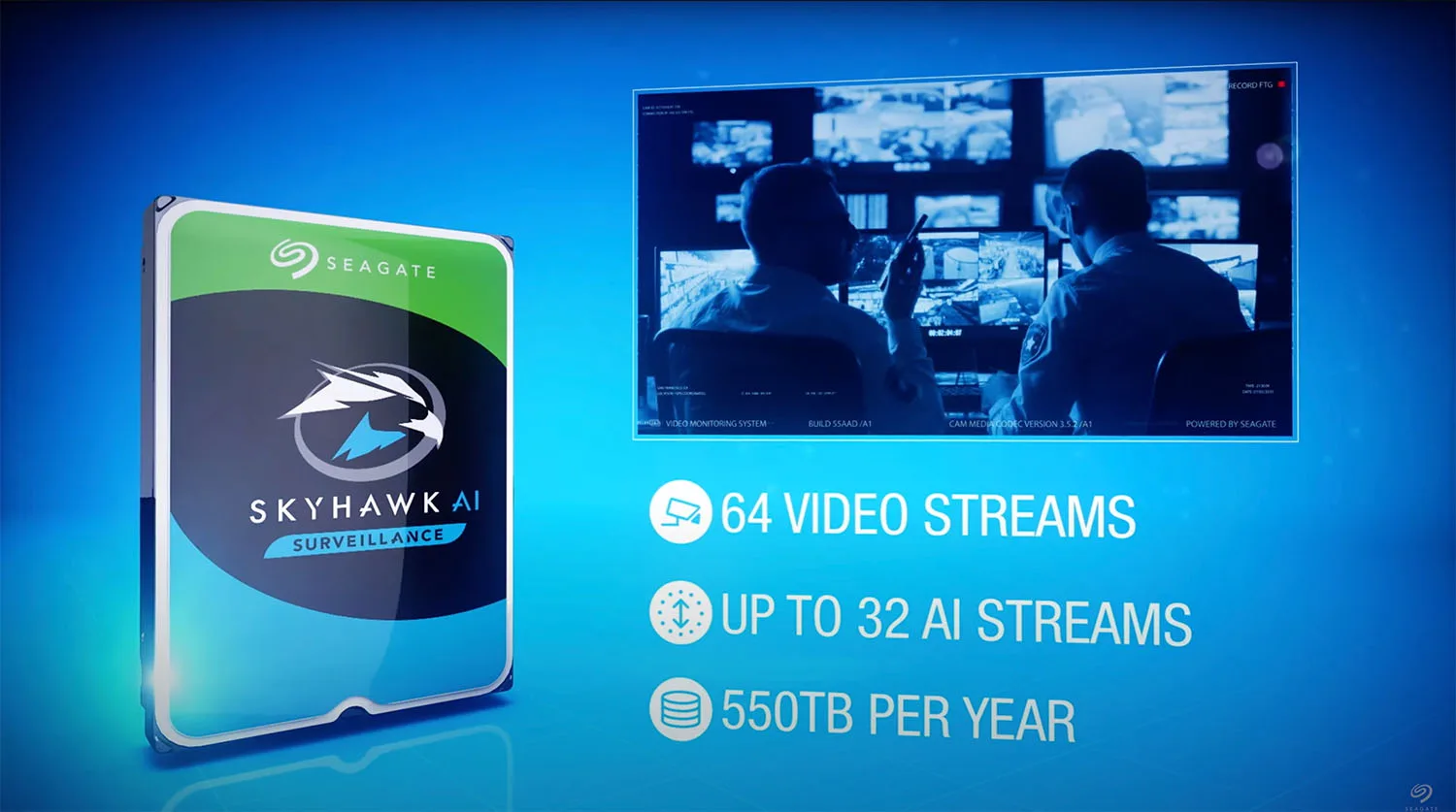
7. RAID Compatibility for Redundancy
High-end HDDs for surveillance NVR support RAID configurations, allowing for redundant storage setups. This ensures data protection in case of drive failures, an essential feature for critical security applications.
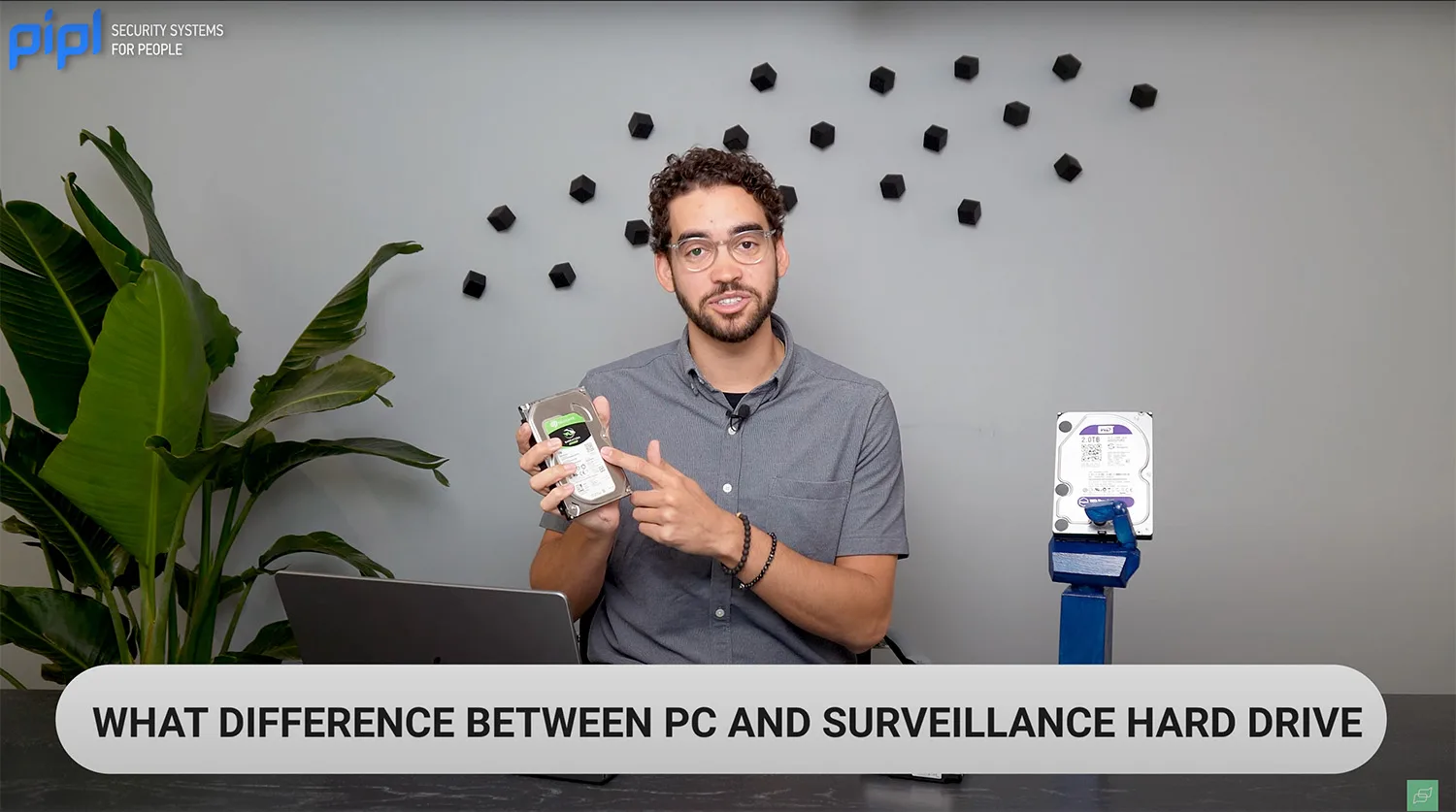
What is the Difference Between a Surveillance HDD and a Normal HDD?
At first glance, a surveillance storage HDD and a standard desktop HDD might seem similar—they both store data and operate using the same hard disk technology. However, their purpose, durability, and performance are vastly different. Using the wrong type of drive in a security system can lead to frame drops, lost footage, and premature drive failure. Below is a detailed breakdown of key differences:
1. Workload and Durability
- Surveillance HDDs are built for continuous 24/7 operation, handling workloads of 180TB–550TB per year.
- Normal HDDs are designed for intermittent use and have a much lower workload rating (~55TB per year).
- Why it matters: Using a standard HDD in an NVR setup can lead to faster wear and failure.
2. Read/Write Optimization
- Surveillance HDDs prioritize sequential writes, allowing them to handle high-volume video recording efficiently.
- Normal HDDs are optimized for mixed read/write operations, making them unsuitable for continuous video storage.
- Why it matters: Surveillance HDDs ensure smooth, uninterrupted footage, while standard HDDs may drop frames or corrupt recordings.

3. Multi-Camera Support
- Surveillance HDDs are designed to support up to 64 HD cameras simultaneously.
- Normal HDDs may struggle with multiple video streams, leading to lag, buffering, or video corruption.
- Why it matters: Large surveillance networks require a drive that can handle multiple video feeds without issues.
4. Firmware Optimization
- Surveillance HDDs come with video-specific firmware like WD AllFrame and Seagate ImagePerfect, reducing frame loss and optimizing recording efficiency.
- Normal HDDs use standard firmware designed for computing tasks, which isn’t optimized for security applications.
- Why it matters: Using a normal HDD in an NVR can cause frame skipping and inconsistent video quality.

5. Power Consumption and Heat Management
- Surveillance HDDs are engineered for lower power consumption and better heat dissipation.
- Normal HDDs generate more heat when used continuously, leading to higher failure rates.
- Why it matters: Excess heat in an NVR can cause drive instability and data loss over time.
6. Error Recovery and RAID Compatibility
- Surveillance HDDs use TLER (Time-Limited Error Recovery) to prevent long data correction delays, ensuring continuous recording.
- Normal HDDs use ECC (Error Correction Code), which may lead to longer recovery times, causing video frame drops.
- Why it matters: Surveillance HDDs ensure stable performance in RAID or multi-drive setups.
7. Vibration and Shock Resistance
- Surveillance HDDs feature advanced vibration resistance, making them ideal for multi-drive surveillance systems.
- Normal HDDs lack vibration sensors and can fail more quickly in high-vibration environments.
- Why it matters: Security systems often house multiple drives in close proximity, making vibration resistance critical.
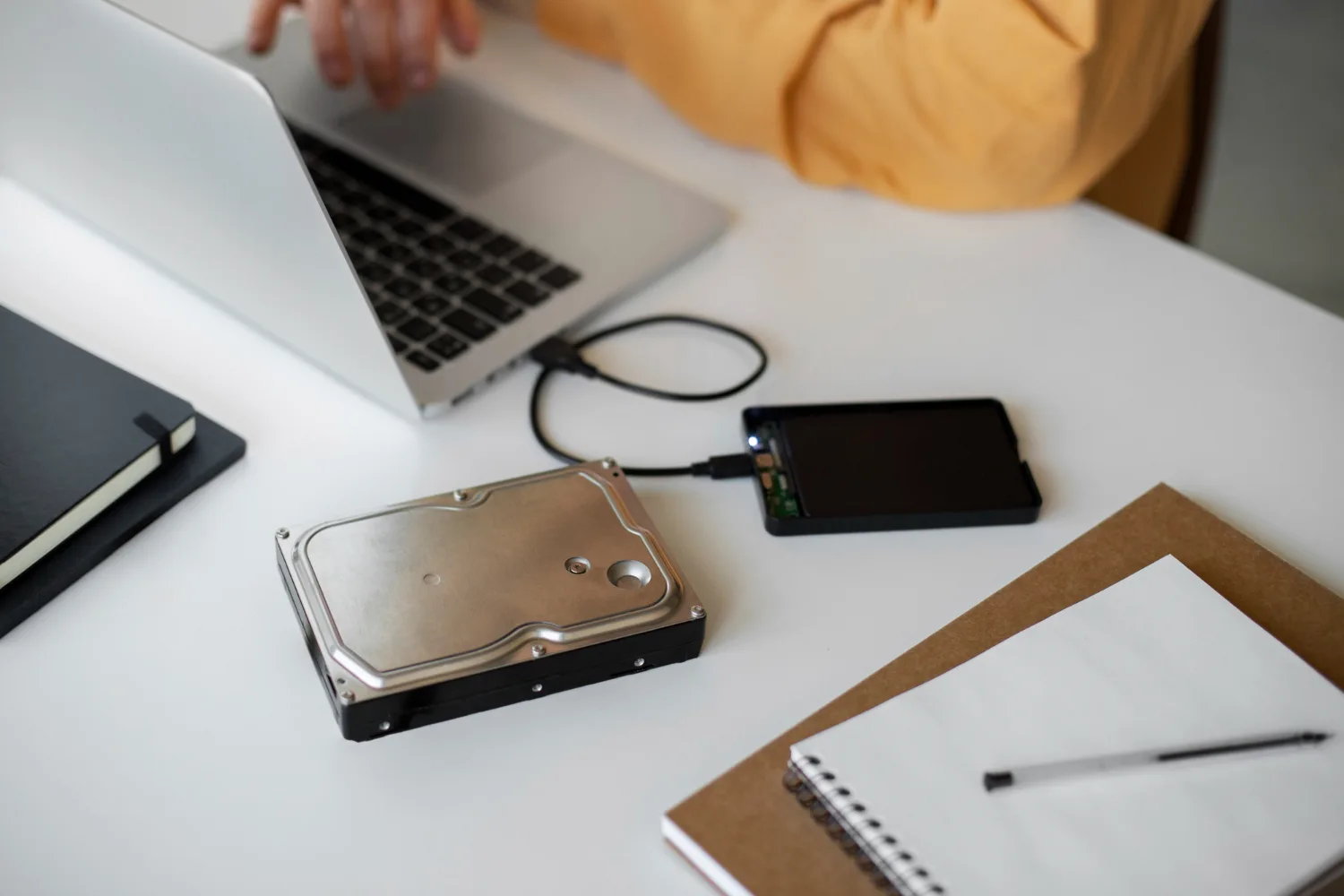
What About SSDs for Video Recording?
While HDDs are the traditional choice for video surveillance storage, SSDs (Solid State Drives) are gaining attention due to their speed and durability. Here’s how SSDs compare to surveillance HDDs for video recording:
Advantages of SSDs in Video Surveillance
- Higher Read/Write Speeds – SSDs offer faster data transfer rates, which can be beneficial in high-resolution video recording and playback.
- No Moving Parts – Unlike HDDs, SSDs have no mechanical components, making them more resistant to physical damage and vibration.
- Lower Power Consumption – SSDs generally use less power, which can help reduce operational costs in large surveillance setups.
Disadvantages of SSDs in Surveillance Applications
- Limited Endurance for Continuous Writing – Most consumer-grade SSDs have a finite number of write cycles, which means they may wear out faster when used for 24/7 recording.
- Higher Cost Per GB – SSDs remain more expensive than HDDs, making them a costly option for long-term video storage.
- Limited High-Capacity Options – While high-capacity SSDs exist, they are significantly more expensive than HDDs of equivalent storage sizes, making them less practical for multi-camera setups requiring weeks or months of storage.
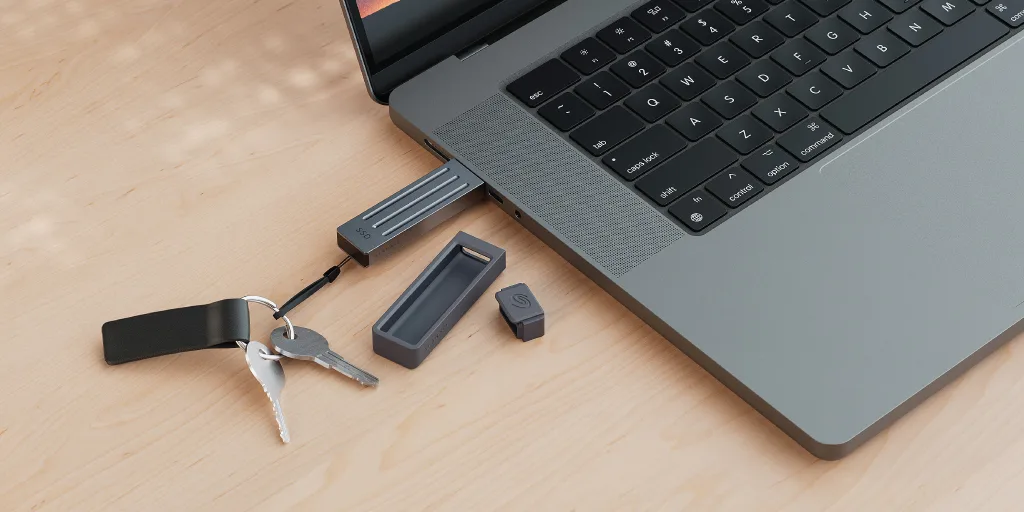
When to Use an SSD for Video Recording
- Short-Term Storage & Fast Retrieval – SSDs are ideal for applications where rapid video retrieval and processing are required, such as in law enforcement body cams, drones, or mobile surveillance units.
- Hybrid Storage Solutions – Some NVR/DVR systems use a combination of SSD + HDD, where the SSD handles the immediate data caching, and the HDD is used for long-term archival storage.
- Mission-Critical Surveillance Systems – In high-security environments requiring zero-latency video feeds, SSDs may be preferred due to their low latency and fast performance.
While SSDs provide significant benefits in terms of speed and durability, traditional HDDs remain the best choice for long-term surveillance storage due to their cost-effectiveness and higher capacity. For those looking for a balance, a hybrid setup (SSD for active recording + HDD for long-term storage) is often the best solution.
Best Surveillance HDD Brands in 2025
Choosing the right surveillance storage HDD can make all the difference when it comes to long-term video recording, durability, and system stability. Below is a comparison of top surveillance hard drive brands in 2025, showcasing key technical features and ideal use cases.
| Brand | Max Cameras | Capacity | Firmware | Highlights |
|---|---|---|---|---|
| WD Purple | Up to 64 | 1TB – 22TB | AllFrame | Low power use, reliable for RAID setups, wide compatibility |
| Seagate SkyHawk | 64–128 | 1TB – 20TB | ImagePerfect | Ideal for AI surveillance, great for large systems, fast write speed |
| Toshiba S300 | Up to 32 | 1TB – 6TB | Standard | Budget-friendly, best for home and small business |
| WD Purple Pro | 64–256 | 8TB – 22TB | AllFrame AI | Designed for AI NVRs, scalable storage, enterprise-ready |
| Seagate SkyHawk AI | Up to 64 AI + 32 NVR | 8TB – 20TB | ImagePerfect AI | Built for AI analytics and high-end surveillance applications |
| HGST Ultrastar | 64+ | 4TB – 20TB | Custom Firmware | Data center-level reliability, extended lifespan |
| MaxDigitalData | Up to 32 | 1TB – 10TB | Standard | Cost-effective, basic surveillance performance |
Tips for Choosing the Right HDD:
- For AI analytics or smart detection, choose models like SkyHawk AI or WD Purple Pro.
- For home or light commercial use, budget drives like Toshiba S300 or MaxDigitalData are sufficient.
- For multi-drive setups, ensure the drive supports RAID and has vibration protection.
- Always check firmware compatibility with your NVR or DVR brand.
Would you like a downloadable PDF version of this table or embed-ready HTML for WordPress?

Which to Choose?
Choosing the right storage for your security system is critical to ensuring reliable, uninterrupted video recording. A surveillance HDD is specifically designed for 24/7 operation, handling high write-intensive workloads, multiple camera streams, and continuous data storage without failure. Unlike standard desktop drives, a surveillance storage HDD is built to withstand the demands of security applications, making it the best option for home, business, and enterprise surveillance setups.
When selecting an HDD for surveillance NVR, investing in a high-quality hard drive for surveillance ensures seamless performance, reduced downtime, and longer lifespan. With features like enhanced error recovery, vibration resistance, and video-optimized firmware, these drives are essential for protecting valuable security footage.
This revised section now contains expanded explanations and technical insights while maintaining a logical and readable structure. Let me know if you’d like further refinements!

Frequently Asked Questions (FAQ)
1. Are surveillance HDDs worth it?
Yes, surveillance HDDs are absolutely worth it if you are running a security system. Unlike standard desktop drives, they are built for 24/7 recording, higher workload ratings, and multi-camera streaming. Using a surveillance storage HDD reduces the risk of drive failure, ensuring uninterrupted video recording and long-term reliability.
2. Can I use a normal HDD for surveillance?
While technically possible, it is not recommended. A standard HDD is designed for occasional data access, whereas a hard drive for surveillance is built for constant video recording. Using a regular HDD in an HDD for surveillance NVR system can lead to frame drops, corrupted video files, overheating, and premature drive failure.
3. Which Seagate hard drive is best for surveillance?
Seagate’s SkyHawk series is the best choice for surveillance applications. The Seagate SkyHawk Surveillance HDD is optimized for 24/7 video recording, supports up to 64 HD cameras, and includes ImagePerfect™ firmware, which helps minimize dropped frames. For enterprise-level security setups, the SkyHawk AI variant offers enhanced AI video analytics support and higher durability.

4. How long do surveillance HDDs last?
A high-quality surveillance HDD can last between 3 to 5 years or more, depending on factors like workload, environmental conditions, and drive capacity. Since they are rated for higher TB workloads per year than standard HDDs, they tend to have a longer operational lifespan when used in security systems.
5. How much storage do I need for my surveillance system?
The required storage depends on the number of cameras, resolution, frame rate, and recording duration. For example, a 4TB drive can store approximately 1 month of 1080p footage for a 4-camera setup.
Need help calculating how much storage your surveillance system needs?
Try the free Surveillance Storage Calculator to estimate the ideal hard drive size based on your camera setup, resolution, and retention goals. Make smarter storage choices in seconds.
Not sure how much storage your camera system needs? We broke it all down in a quick article — and if reading’s not your thing, there’s a video too.
Check it out here: How Much Storage Do I Need for My Camera System?
6. Can I use a surveillance HDD in a normal PC?
Yes, but a surveillance storage HDD is optimized for sequential writes rather than general computing. It’s better suited for continuous video recording than everyday tasks like gaming or using software applications.
-
How to Choose an LTE Cellular Security Camera: Ultimate Buying Guide 2026
An LTE cellular security camera exists for places your router will never reach. Remote farms, construction sites, storage yards, trailheads, and seasonal cottages often sit beyond reliable broadband. With LTE backhaul, the camera sends motion clips, alerts, and health pings over the same cellular networks your phone uses. That means real coverage without trenching Ethernet […]
-
How to Choose the Right Smart Lock for Your Business in 2026
In a home, one or two people hold the keys. In a business, dozens do. You have staff, cleaners, vendors, temps — and because of that, a business smart lock may open hundreds of times a day, which raises the stakes for reliability, accountability, and speed of management. So, frame the decision correctly. You are […]
-
How to Choose a Commercial Intercom System in 2026
There are technologies we use every day without really thinking about how well they’re made. They blend into our routine so seamlessly that we forget they’re even there. A reliable commercial intercom system works exactly like this: effortless and invisible until something goes wrong. Think about what happens when the system works: a courier arrives, […]
-
How to Choose the Right Home Intercom System
Intercom technology has evolved far beyond basic audio communication. Today, a home intercom system often includes facial recognition, QR code unlocks, app-based remote control, and even Bluetooth access via smartwatches. These aren’t just gadgets – they’re practical tools for securing your property and managing everyday access. Why Choosing a Home Intercom Matters How to Choose […]
-
How to Choose Your Ubiquiti UniFi OS Console | Full Guide 2025
Diving into the Ubiquiti ecosystem might feel overwhelming at first—we’ve all been there. But today, I’m here to simplify things for you. In this guide, we’ll explore Unifi OS Consoles / Controllers, Gateways, and NVRs. What are they, what do they do, and how can you choose the right one for your project? Whether you’re […]
-
Turning Any PC Into NVR For Video Surveillance System Guide! Showcase & Setup
Turning Any PC Into NVR For Video Surveillance System Guide! Showcase & Set-up – Setting Up Server for Video Surveillance on PC The title of this material accurately displays the contents – our goal is to create a full-featured standalone Network Video Recorder out of a computer. Laptop, in my case, into the NVR basically, […]
